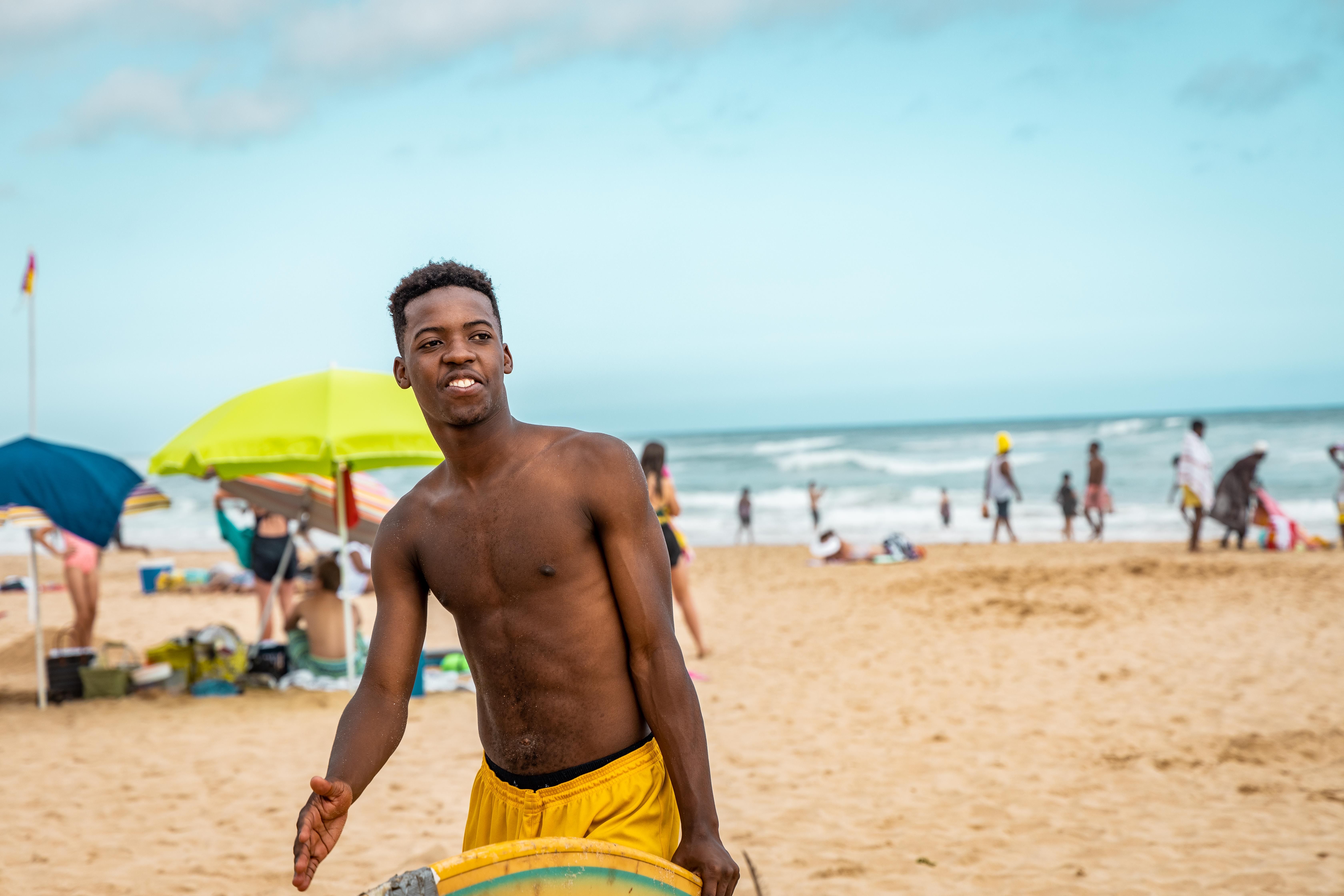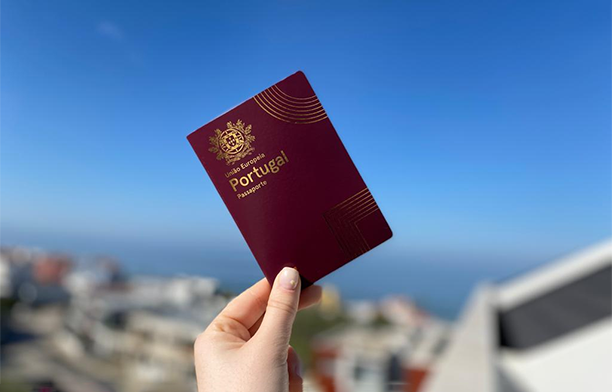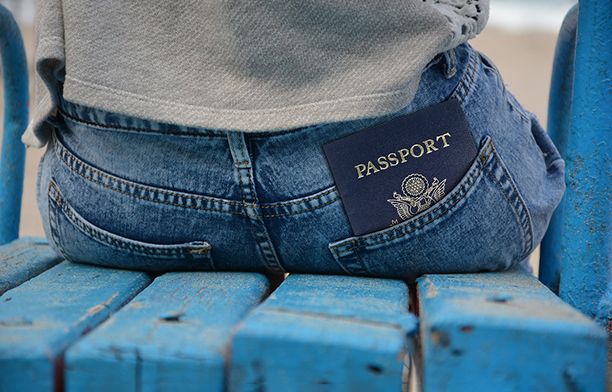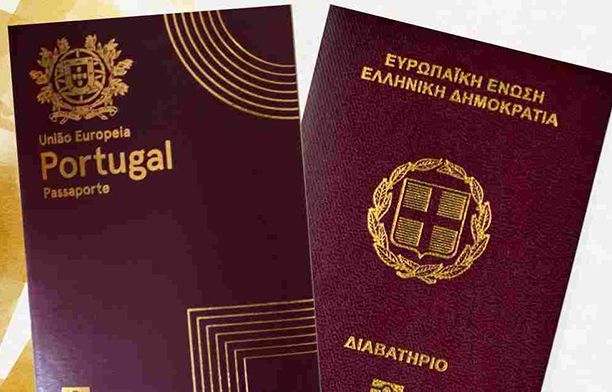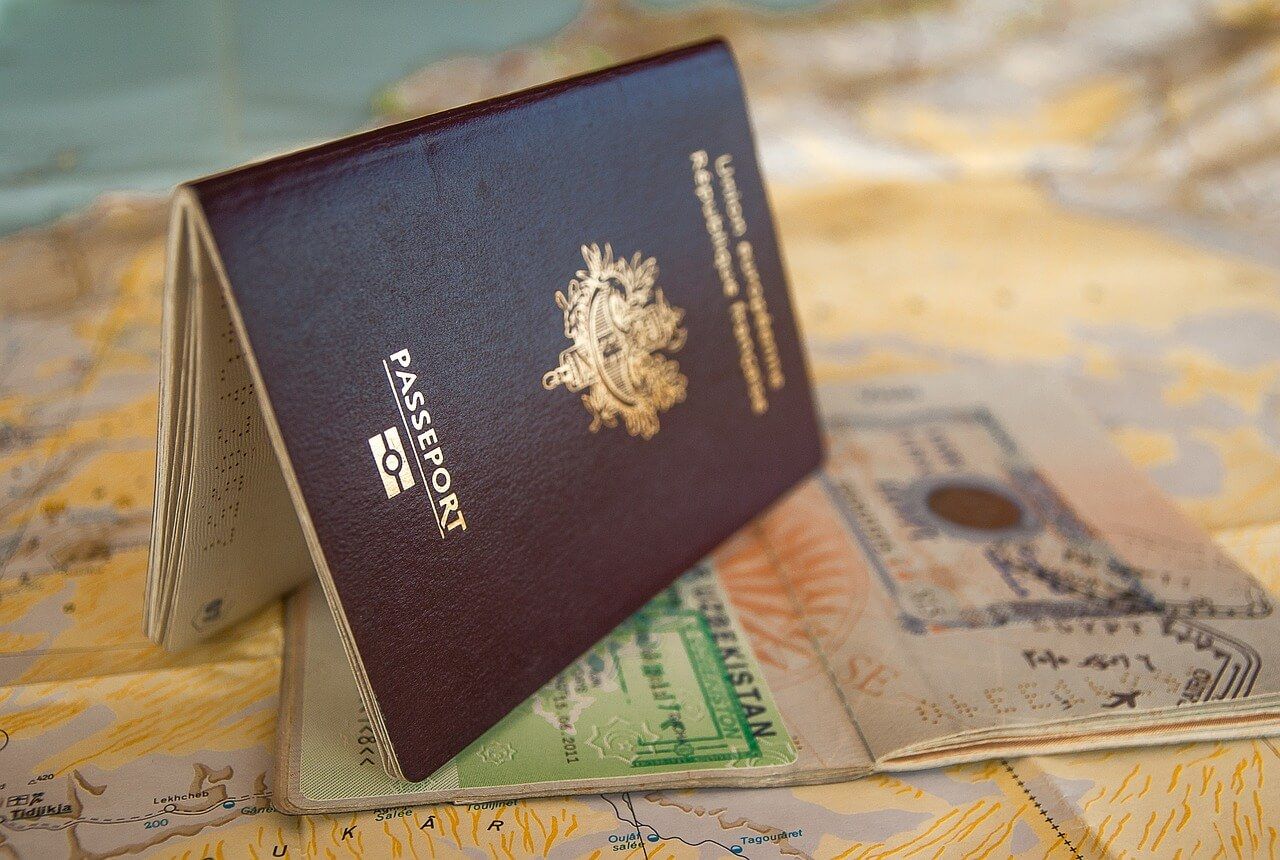The Black Travel Movement: How and Why It's Gaining Momentum
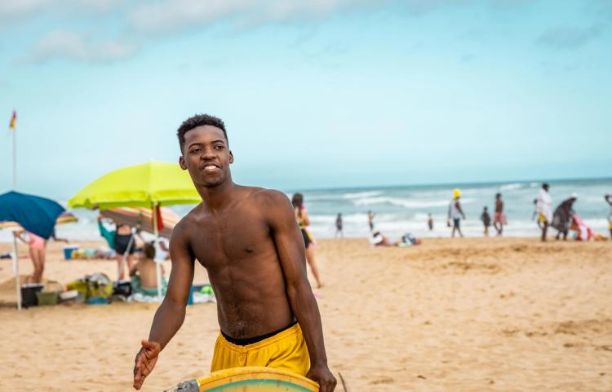
In recent years, a new movement has emerged in the world of travel: the Black Travel Movement. This emerging movement includes not only travelers seeking new experiences and adventures, but also those who are creating a space for Black people to reclaim their narratives and highlight their contributions to the tourism industry.
With the help of critical race theory and tourism research, this movement is gaining momentum and challenging the status quo of the travel industry. From solo travel to group trips, Black travelers are making their mark and reshaping the travel landscape in ways that are both inspiring and necessary.
Key Points
- The Black Travel Movement promotes travel to destinations, businesses and experiences that are created, owned and operated by Black people, with the aim of uplifting and supporting Black communities and increasing representation and visibility of Black culture globally.
- The economic value of Black American travelers in 2018 went up to $63 billion from $48 billion in 2010.
- Black travelers often experience racism, a lack of representation, safety concerns, financial barriers, limited travel resources, inadequate representation in the travel industry, and bias in hospitality services.
- For Black people and others in marginalized groups, travel is important not only as a leisure activity but also for empowerment and self-discovery, breaking down harmful stereotypes, promoting cultural exchange, and supporting local Black-owned businesses.
**Disclaimer **
The contents of this article are for educational purposes only. They are not intended to be a source of professional financial advice. You will find experts on financial planning, financial management, and real estate here. More on disclaimers here.
What is the Black Travel Movement?
The Black Travel Movement which is also referred to as "Black Tourism", "Melanin Travel" or "Black Travel" is a social movement centered around increased travel and cultural exchange among Black people, promoting travel to destinations, businesses and experiences that are created, owned and operated by Black people. It aims to uplift and support Black communities and increase representation and visibility of Black culture globally.
The assumption has always been that "Black people don't travel", but according to a research done by Mandala Research, the economic value of Black American travelers in 2018 went up to $63 billion from $48 billion in 2010.
Black American "cultural" travelers were categorized as the highest spenders with an average trip spend of $2,078. The average Black American traveler is reported to spend $1,345 per trip. It was also reported that 17% of African Americans take one or more international trips and travel locally more than six times per year. And therefore it's safe to say that African American travelers contribute significantly to not only the domestic but also international travel and tourism industry.
The Genesis
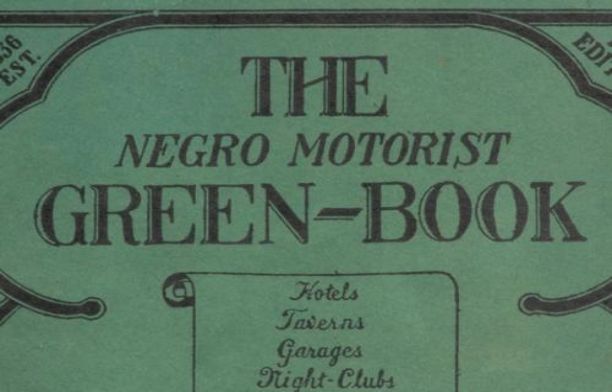
Between 1936 to 1966, the "Negro Motorist Green Book" which was a travel guide for African American motorists was published . During the era of segregation in the United States, it provided information on places where Black travelers could safely eat, sleep, and fuel their vehicles while on the road. It also listed African American businesses and recommended service stations, hotels, and restaurants that were friendly to African American travelers.
The "Green Book" was a lifesaver for Black motorists, who often faced discrimination, denial of service, and even violence while traveling. The guide was widely used and helped Black travelers navigate the dangers of the road during a time when segregation was widespread and civil rights were limited.
The "Green Book" is now considered an important historical document, offering a glimpse into the experiences of Black Americans during a difficult time in the nation's history. It has been the subject of several books, documentaries, and exhibitions, and is recognized as an important part of African American history and culture.
Today, things have changed but still not enough. Many travel publications and mainstream media still do a poor job representing travelers in the BIPOC community.
They portray the stereotypic Western tourist as the standard/ target audience for travel. Very rarely do you see Black and brown people at the forefront of luxury travel campaigns.
Transformative Moment
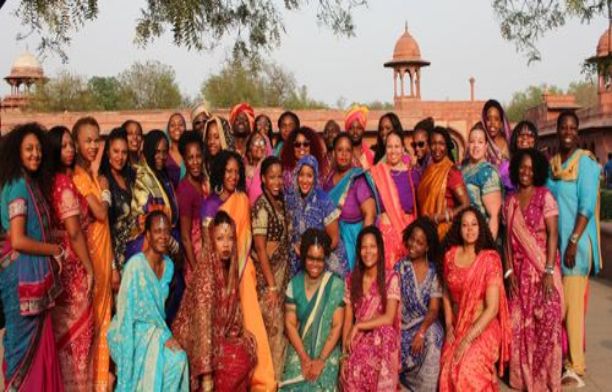
A transformative moment for the Black Travel Movement took place in 2011 when New Jersey–based Evita Robinson created the Nomadness Travel Tribe. Nomadness is an award-winning travel lifestyle brand that is made up of over 25,000 Black and Brown travel influencers, innovators, and community members, who are responsible for over $50,000,000 injected into the travel industry annually.
The collective started with just 100 members and has since grown to have 25,000+ members on board. The community was the first to represent the millennial travel demographic and are always looking for new ways to disrupt the industry.
The community is on a mission to show the world that travel has no racial, gender, religious, economic, or interest limitations through their community representation and relevance.
Different people join the community for different reasons, the top ones being:
- To have the ability to bond with a predominantly Black travel community
- To be able to learn about travel from a reliable source
- To help them choose what to do in the destinations they travel to
Challenges That Black Travelers Experience
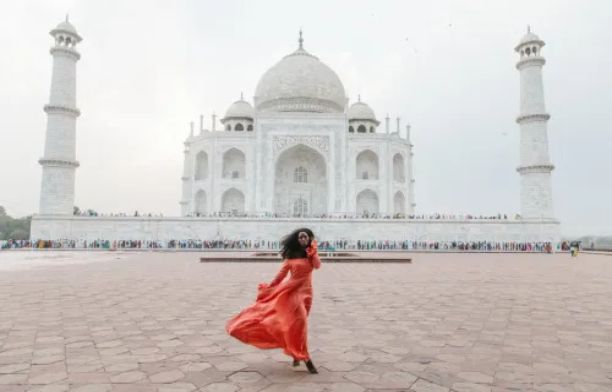
The travel experience for Black people differs quite a bit compared to travelers of other races. These are the contributing factors:
Racism/Discrimination
Black travelers often experience overt and covert forms of racism and discrimination, including negative racial stereotypes, being ignored/receiving poor service, being targeted by additional scrutiny, denial of service, and overcharging.
Lack of representation
Black travelers often struggle to find travel options and destinations that cater to their cultural interests or that have staff who look like them.
Safety concerns
Black travelers can feel vulnerable and unsafe in some destinations, especially those with a history of racial tensions or violence. Black travelers may be subject to racial profiling by law enforcement, especially when traveling in countries with a history of racial discrimination.
A study conducted by MMGY Global found that safety is a great concern for over 70% of Black travelers.
Financial barriers
Travel can be expensive, and Black travelers may face additional financial barriers, such as income disparities or limited access to affordable travel options.
Limited travel resources
There can be a lack of information and resources specifically geared towards Black travelers, making it difficult for them to plan and book trips.
Inadequate representation in the travel industry
Black travelers often find that the travel industry is not geared towards their needs, with limited options for working with Black business owners, travel agencies, and tour operators.
Bias in hospitality services
Bias in hospitality services, such as hotels and restaurants, can result in unequal treatment and experiences for Black travelers.
Overall, these challenges highlight the need for increased representation and support for Black travelers, both in terms of travel options and in promoting a more inclusive and welcoming travel industry.
Why It’s Important for Black People to Travel
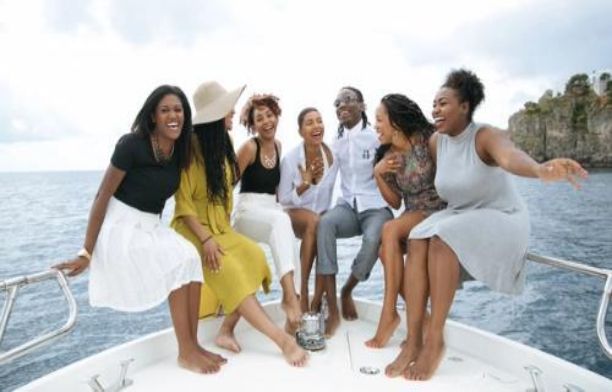
For Black people and others in marginalized groups, travel is important not only as a leisure activity but also for social reasons such as:
Empowerment and Self-Discovery
Travel can provide an opportunity for Black people to learn more about their own cultural heritage, history, and identity, and to feel proud of who they are and where they come from.
Breaking down stereotypes and promoting diversity
Travel can help break down harmful stereotypes and promote cultural exchange, understanding, and acceptance between different groups of people.
Fostering community and connections
Travel can provide opportunities for Black people to connect with others who share similar experiences, interests, and backgrounds, and to form lasting connections and friendships.
Encouraging economic growth
Black-owned travel businesses, tour operators, and travel agencies can benefit from the growing demand for travel and cultural experiences among Black travelers. Breaking down barriers
By traveling, Black people can challenge and break down systemic barriers and biases that limit their opportunities and experiences.
Personal growth and development
Travel can provide opportunities for personal growth and development, including learning new skills, gaining new perspectives, and building self-confidence.
Advocating for change
Black travelers can use their experiences to advocate for positive change, including promoting diversity and inclusivity in the travel industry, and addressing issues such as racial profiling, discrimination, and limited representation.
Inspiring future generations
Black travelers can inspire future generations to explore the world and to be proud of their cultural heritage and identity.
Why the Black Travel Movement is Gaining Momentum

The Black travel movement as a social movement centered around increased travel and cultural exchange among Black people is gaining momentum for several reasons:
Representation and visibility
The Black travel movement is about celebrating Black culture and giving Black people the opportunity to see themselves represented in the travel industry. This includes staying in Black-owned hotels, visiting Black-owned businesses, and experiencing Black history and culture in a meaningful way.
Economic empowerment
Supporting Black-owned businesses is a way for Black people to invest in their own communities and promote economic empowerment.
Safety and comfort
Many Black travelers feel more comfortable and safe in environments where they see people who look like them. By staying in Black-owned hotels and visiting Black-owned businesses, they feel more at ease and able to fully relax and enjoy their travels.
Social media
Social media has played a big role in the Black travel movement by allowing Black travelers to build online communities where they can share their experiences and connect with others who share similar interests. This has helped to create a community of Black travelers who can share tips and recommendations for traveling as a Black person.
Civil rights movement
The Black Lives Matter movement and the recent civil rights protests have also brought attention to racial disparities and inequalities in the US, and travel is no exception. Many Black Americans want to support Black-owned businesses as a way of promoting racial equality and social justice.
Representation and visibility
Many Black travelers feel that they are underrepresented in mainstream travel media and that their experiences and perspectives are not adequately represented. The Black travel movement aims to create a space where Black travelers can see themselves and their experiences reflected.
Economic empowerment
By choosing to support Black-owned businesses, Black travelers are able to direct their economic power towards their own community and support entrepreneurs and small businesses.
Building community
The Black travel movement is also about building community and connection. Black travelers are seeking out and building relationships with other Black travelers and creating spaces where they can connect and share their experiences.
Impact of the Black Travel Movement

Empowerment and pride
The Black travel movement promotes a sense of empowerment and pride in Black culture and history, and encourages Black people to embrace their identity and celebrate their heritage.
Economic impact
The Black travel movement can have a significant economic impact by supporting Black-owned businesses, travel agencies, and tour operators, and by driving demand for culturally-sensitive travel experiences.
Fostering community
The Black travel movement can foster a sense of community and connection among Black travelers, providing opportunities for people to come together and form relationships based on shared experiences and interests.
Breaking down stereotypes
The Black travel movement can help break down stereotypes and promote cultural exchange, understanding, and acceptance between different groups of people.
Representation and visibility
The Black travel movement helps to increase representation and visibility of Black people and culture in the travel industry and beyond.
Encouraging travel to underrepresented destinations
The Black travel movement can encourage travel to destinations that are underrepresented in mainstream tourism, and can promote a greater appreciation and understanding of diverse cultures and experiences.
Raising awareness
The Black travel movement raises awareness about the unique challenges and experiences faced by Black travelers, and can lead to positive change in the travel industry and beyond.
Inspiring future generations
By travelers in the Black community telling their own stories, the Black travel movement can inspire future generations to explore the world, to be proud of their cultural heritage and identity, and to strive for greater diversity and inclusivity in the travel industry.
Conclusion
The Black travel movement is not just about traveling and taking cool pictures for socail media, it's about creating a sense of belonging and community, promoting economic empowerment, and advocating for representation and visibility of Black people in the travel industry.
Bay Street Capital Holdings

Bay Street Capital Holdings is a Black-owned, independent investment advisory, wealth management, and financial planning firm headquartered in Palo Alto, CA. They manage portfolios with the goal of maintaining and increasing total assets and income with a high priority on managing total risk and volatility. Although many advisors may focus on maximizing returns, they place a higher priority on managing total risk and volatility.
Our founder, William Huston founded Bay Street after 13 years of supporting the United States' largest retirement plan ($650B) Thrift Savings Plan. He is recognized as Investopedia’s Top 100 Financial Advisors for 2022. In California, Bay Street Capital Holdings is the only Black-owned firm out of the twenty firms that received this recognition.
In Scottsdale Arizona, Ekenna Anya-Gafu CFP, AAMS is recognized among the Best Financial Advisors for his responsiveness, friendliness, helpfulness, and detail. Bay Street was founded to advocate for diverse and emerging fund managers and entrepreneurs.
In 2021, Bay Street was selected as a finalist out of over 900 firms across the US in the category of Asset Manager for Corporate Social Responsibility (CSR).
Sources
https://edition.cnn.com/travel/article/black-travel-movement/index.html
https://www.travelandleisure.com/travel-tips/travel-trends/black-travel-movement
https://www.afar.com/magazine/new-study-reveals-the-spending-power-of-black-us-leisure-travelers
https://travelnoire.com/why-black-luxury-travel-is-important


